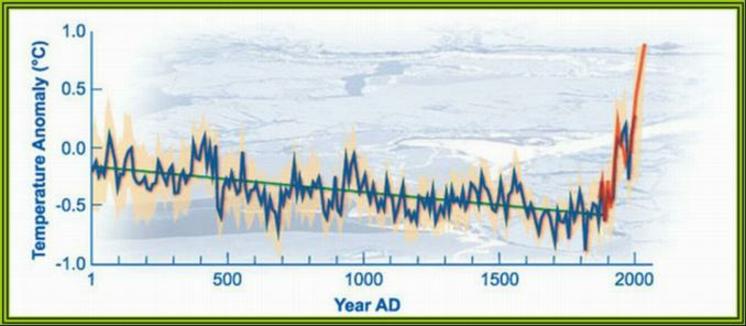From Climate Progress:
The Utah House of Representatives adopted yesterday a nonbinding statement expressing deep doubts about climate change science and urging the federal government to desist from efforts to regulate carbon dioxide emissions.
{But} Park City commissioned a third party science analysis to see what the future held for them without action on climate.
From the report Climate Change in Park City: An Assessment of Climate Snowpack, and Economic Impacts:
Our economic modeling results indicate that projected decreases in snowpack will have severe economic consequences for the region. By 2030, the estimated decrease in snowpack is estimated to result in $120.0 million in lost output. This lost output is estimated to result in an estimated 1,137 lost jobs and $20.4 million in the form of lost earnings (or labor income). By 2050, the potential impacts range from $160.4 million in lost output, $27.2 million in lost earnings, and 1,520 lost jobs (low emissions scenarios) to $392.3 million in lost output, $66.6 million in lost earnings, and 3,717 lost jobs (high emissions scenario).
More for Gibson: here’s what’s going to happen to agriculture, another of his concerns, without action on climate. (From the report Hotter and Drier: The West’s Changed Climate, another science meta-study):
In Utah, ongoing drought has qualified most of the state for disaster relief during several years. In the summer of 2007, the U.S. Dept. of Agriculture declared 24 of 29 Utah counties primary disaster areas due to drought, wildfire and flash floods. In 2003, the USDA declared all 29 counties primary disaster areas due to drought, insect infestation, and high winds. In 2002, the amount of non-irrigated farm lands that were harvest fell by more than 30%, compared to 1997.
Being a desert, this deeply religious state is probably going to suffer more than others as the planet warms. But “where there is no vision,” as the Proverbs say, “the people perish.”
No people deserve the climate fate in store for Utah. But their leaders “have sown the wind, and they shall reap the whirlwind: it hath no stalk; the bud shall yield no meal.” (Hosea, 8:7) Unless they are careful, Utah’s leaders may end up ensuring biblical calamity for their good citizens.
JR: Let me add to Auden’s post another climate-driven plague of biblical proportion hitting Utah — pestilence. Here’s an excerpt from the oldest Utah newspaper, Deseret News, owned by the Mormon Church and “usually described as moderate to conservative” in a 2008 story, “Bark beetles are feasting on Utah forests”:
A vicious cycle is brewing in Utah: Bark beetles are killing a lot of trees in the state. Dead trees are fuel for wildfires, which experts say contributes to global warming. And climate change is now being blamed for an increased population of bark beetles.
The Dixie National Forest bears one of the most obvious signs in Utah of the mark being left by a tiny tree predator commonly known as the bark beetle, a wood-boring insect that in large enough numbers can decimate an entire forest.
“We’re talking hundreds of thousands of acres they have basically been wiped out — pretty much the entire spruce component in the Dixie National Forest,” said Colleen Keyes, forest-health program manager for Utah Division of Forestry, Fire and State Lands. “It’s really something to see. You would be very surprised. It’s hard to describe until you see it — it’s just dead trees as far as the eye can see.”
Welcome to By 2100!
This Blog is designed to be a Diary of Events illustrating Global Climate Change, and where it will lead.
Commentary is encouraged, but this Blog is not intended for discussion on the Validity of Climate Change.
Category Labels
- Climate Events (85)
- Climate Solutions (45)
- Videos (42)
- Climate Statistics (39)
- The Deniers (34)
- Humour (15)
- Basic Information (5)
Subscribe to:
Post Comments (Atom)
www.know-the-number.com
Our Climate is Changing!Please download Flash Player.

No comments:
Post a Comment